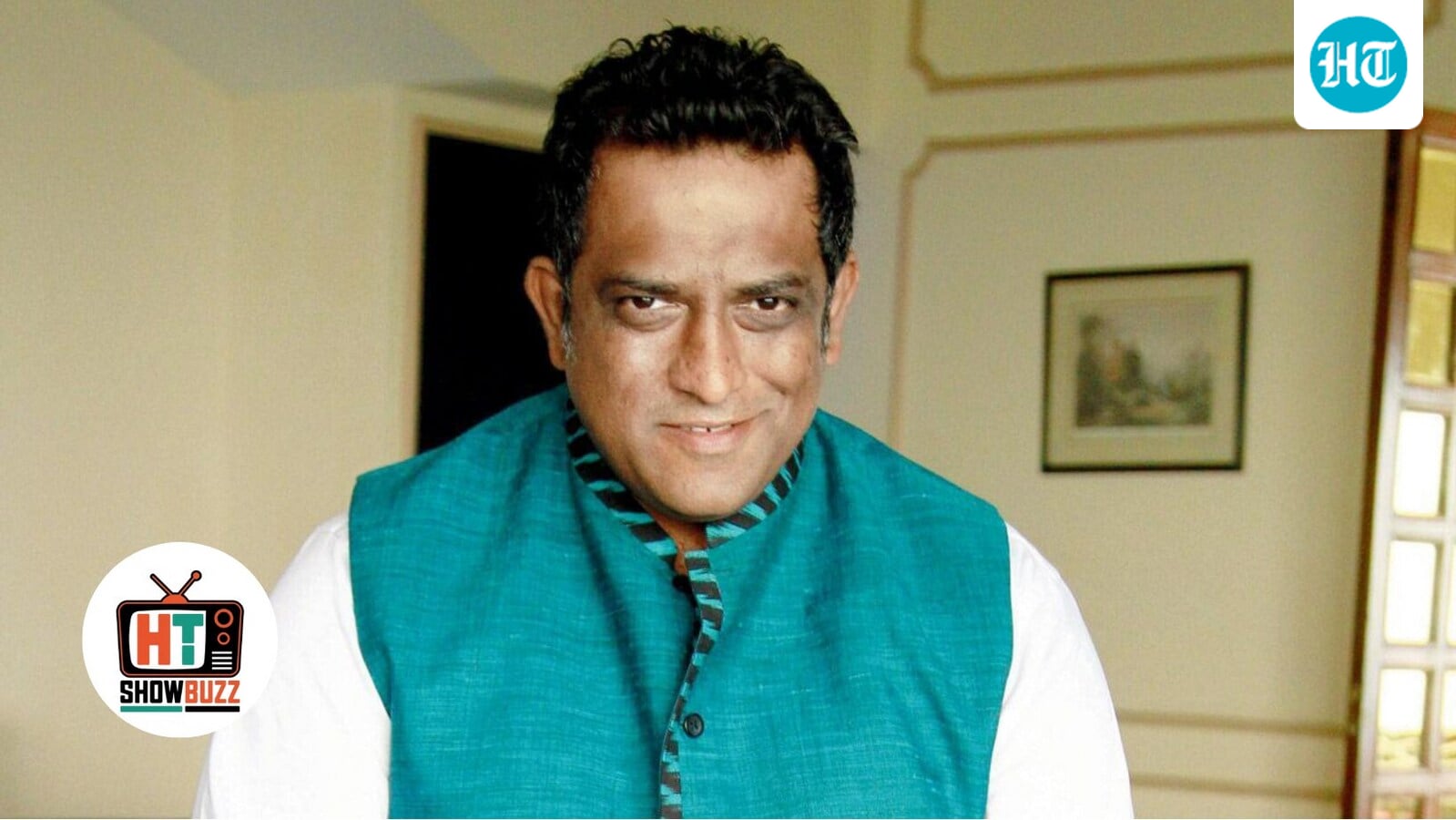Published on: Sept 30, 2025 08:51 pm IST
Donald Trump’s announcement of a 100% tariff on foreign films has drawn varied responses. Anurag Basu views it as a chance for Indian cinema to thrive.
US President Donald Trump took to Truth Social to announce plans for a 100% tariff on all movies made outside the United States on Monday. While the specifics of the proposed tariff remain unclear, particularly in terms of how it might affect foreign films, including Indian cinema with its vast diaspora audience in North America, some Indian filmmakers are viewing the development with cautious optimism.

Director Anurag Basu, shared his perspective in an interview with Zoom and said, “Trump’s tariff on Indian movies could be a blessing in disguise. If we respond with similar tariffs on Hollywood films in India, it could drive more audiences toward domestic cinema. Higher ticket prices for foreign blockbusters would push viewers to choose Indian films, potentially more than offsetting any revenue loss in the US. Think of it as box-office karma with better exchange rates.”
Anurag believes that if India were to implement reciprocal tariffs on Hollywood releases, it might lead to a significant shift in viewing preferences, benefiting the local film industry both culturally and financially in the long run.
Trump imposes 100% tariff on films made outside US
Trump’s original post read, “Our movie-making business has been stolen from the United States of America by other countries, just like stealing candy from a baby. California, with its weak and incompetent Governor, has been particularly hard hit! Therefore, in order to solve this long-time, never-ending problem, I will be imposing a 100% tariff on any and all movies that are made outside of the United States. Thank you for your attention to this matter. MAKE AMERICA GREAT AGAIN! President DJT.”
Earlier, Bajrangi Bhaijaan director Kabir Khan also shared his two cents on Trump’s tariff announcement. Kabir expressed criticism of Trump’s proposed 100% tariff on foreign films, saying the policy lacks clarity and logic. He questioned what would actually be taxed, pointing out that nearly every Hollywood production involves overseas shoots and post-production.













